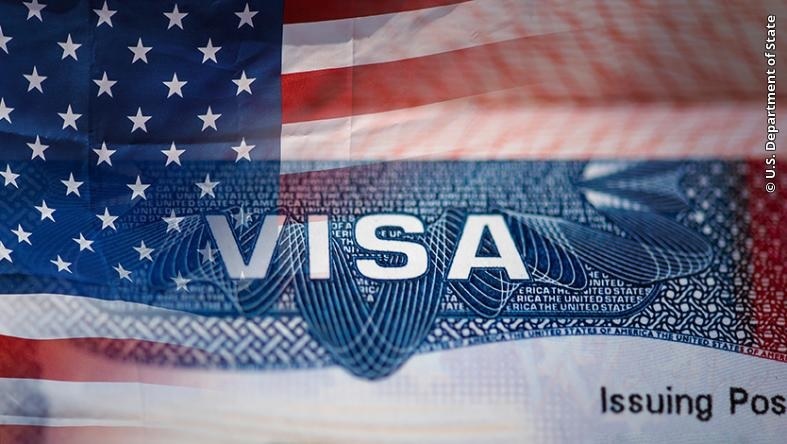
New H-1B rule, which narrows definition of “specialty occupation,” will come into effect in 60 days.
The Trump administration has introduced new measures to make it more difficult to hire foreign workers on H-1B visas.
The new rules, announced by the U.S. Department of Homeland Security on Tuesday, would narrow the definition of “specialty occupation” and shorten the length of H-1B visas for workers placed in third party sites to one year, from three years.
The new measure, according to the administration, “will combat the use of H-1B workers to serve as a low-cost replacement for otherwise qualified American workers.” It will go into effect within 60 days.
While announcing the interim final rule (IFR), the DHS said it will strengthen “the H-1B nonimmigrant visa program to protect U.S. workers,” restore “integrity to the H-1B program” and better guarantee “that H-1B petitions are approved only for qualified beneficiaries and petitioners.”
The DHS said by narrowing the definition of “specialty occupation,” as originally intended by Congress, it would prevent companies from gaming the system.
READ: Judge blocks increase in H-1B, L work, other visa fees (October 1, 2020)
The new rule will require “companies to make ‘real’ offers to ‘real employees,’ by closing loopholes and preventing the displacement of the American worker” and enhance “DHS’s ability to enforce compliance through worksite inspections and monitor compliance before, during, and after an H1-B petition is approved.”
Acting Secretary Chad Wolf said in a statement that the United States has “entered an era in which economic security is an integral part of” national security. “Put simply, economic security is homeland security. In response, we must do everything we can within the bounds of the law to make sure the American worker is put first,” he said. “The Department of Homeland Security is honored to take this important step toward putting Americans first and to continue to implement President Trump’s agenda to keep our economy secure.”
The DHS is foregoing the traditional practice of allowing public to comment on a new rule before it is implanted. The department said this was done to “ensure that employing H-1B workers will not worsen the economic crisis caused by COVID-19 and adversely affect wages and working conditions of similarly employed U.S. workers.”
The new rule will almost certainly be challenged.
Critics of the administration’s immigration policy were quick to denounce the new rule. “Many opponents of the H-1B visa seek to pit native-born workers against their foreign-born colleagues,” the American Immigration Council tweeted on Tuesday afternoon. “In reality, workers do not necessarily compete against each other for a fixed number of jobs.”
It is not clear how the new rule will affect foreign workers who are already in the United States on H-1B.



